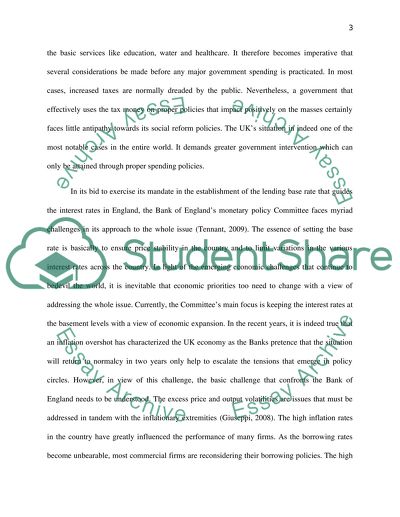Cite this document
(The Need to Control Government Spending in the Context of the UK Coursework, n.d.)
The Need to Control Government Spending in the Context of the UK Coursework. Retrieved from https://studentshare.org/macro-microeconomics/1393642-economics
The Need to Control Government Spending in the Context of the UK Coursework. Retrieved from https://studentshare.org/macro-microeconomics/1393642-economics
(The Need to Control Government Spending in the Context of the UK Coursework)
The Need to Control Government Spending in the Context of the UK Coursework. https://studentshare.org/macro-microeconomics/1393642-economics.
The Need to Control Government Spending in the Context of the UK Coursework. https://studentshare.org/macro-microeconomics/1393642-economics.
“The Need to Control Government Spending in the Context of the UK Coursework”, n.d. https://studentshare.org/macro-microeconomics/1393642-economics.


